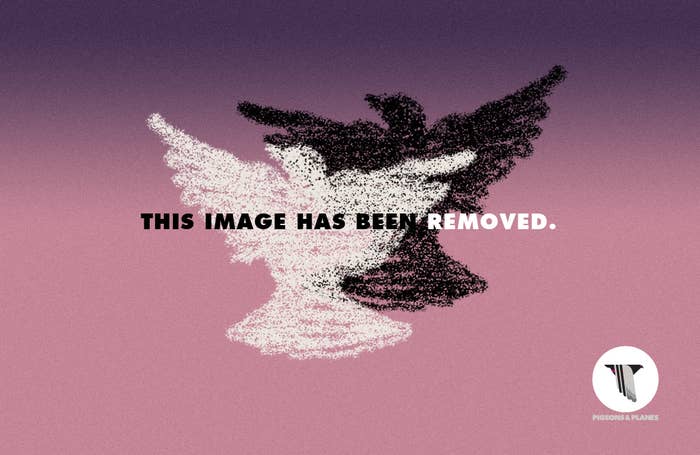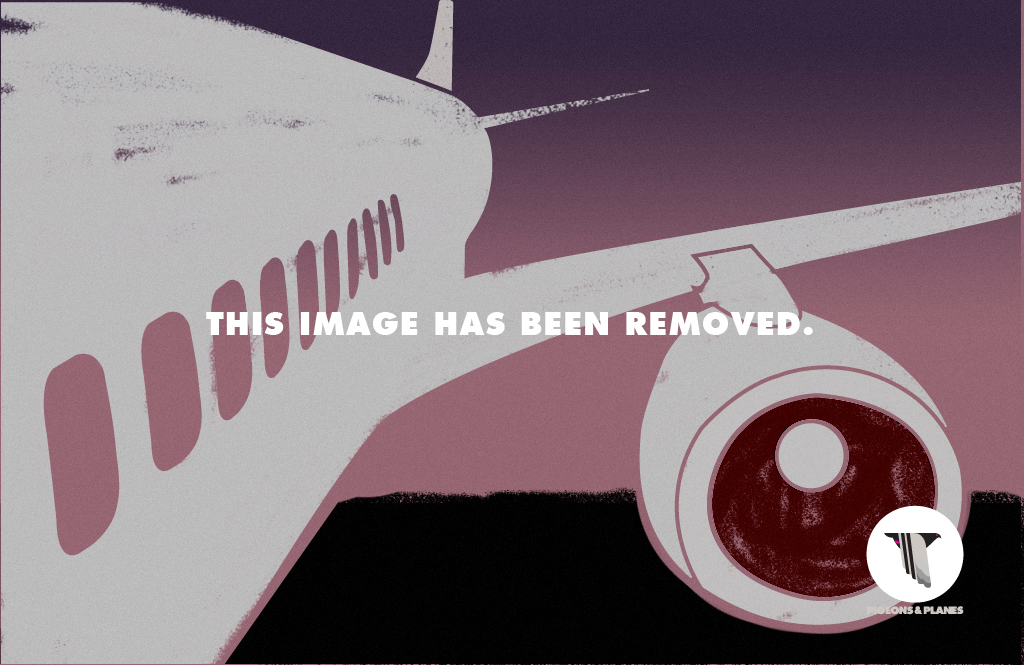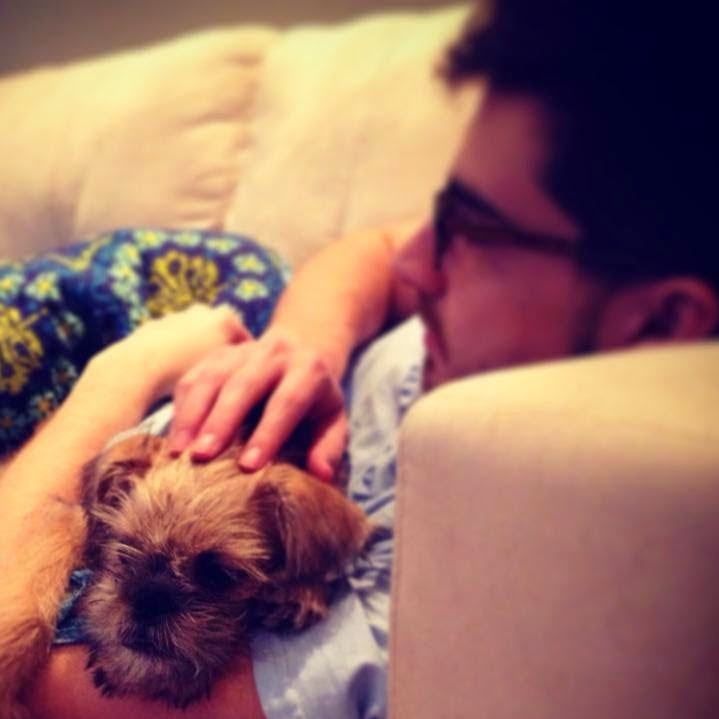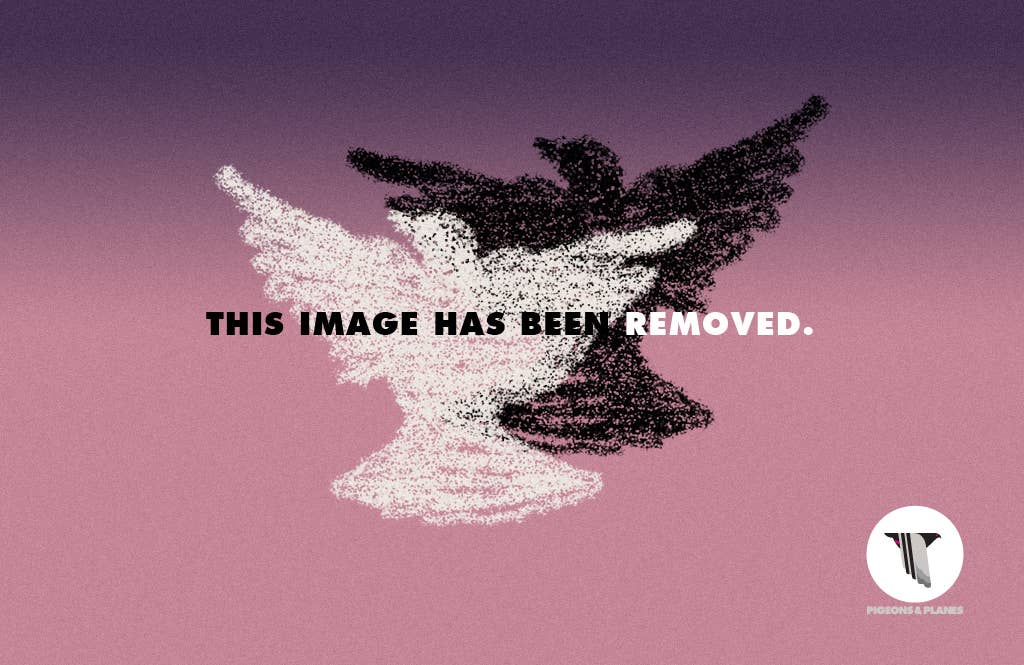1.

Image via Heartbeat on Facebook
We’ve all heard the phrase, “Music can save the world.” It usually reeks of cliché, especially when it comes from a rich rockstar suggesting that just playing music is charity enough to the world. Rarely do we get a glimpse into the substance behind the phrase, those moments when music seems like it could save—perhaps not the world—but a teen whose life seemed hopeless the day before. Music has the undeniable ability to bring people together, to allow them to connect on a level beyond their politics, skin color, or religion. But only if it’s given a chance.
Those chances are what Heartbeat, a nonprofit working in Israel, gives to Israeli and Palestinian teens. The program creates ensembles filled with both Israelis and Palestinians and lets them explore music together.
“This is unheard of here,” says Shoshana Gottesman, who runs development and communications for Heartbeat. “It’s thought of as impossible in both societies. There aren’t safe spaces for youth to come together as equals.” Gottesman says only a paltry one percent of the Israeli and Palestinian populations have come together in any sort of meaningful dialogue, something that guarantees they will never find common ground.
It’s not easy for Heartbeat’s aspiring musicians, around 100 across various programs, to be part of that one percent. “They are very brave for being part of the program,” says Gottesman. “They can be looked down upon and called traitors. The staff too. People are quick to resort to violence.”
But these teens are willing to take the risk to be able to get a glimpse a world more complicated than the one they were taught growing up. Gottesman speaks of one Palestinian rapper, Moody, who entered the program full of rage. “His father was put into Israeli jail when he was 12 or 13,” she says. “He was really angry all the time and understandably so. But through music he found a way to overcome it and put his anger into something constructive.”
Because there are less opportunities for music education in the Palestinian community, Moody came to the program with little formal musical training. In Heartbeat he learned guitar and singing. “We introduced the metronome to him,” Gottesman says, which helped his rapping. With these new skills, Moody discovered he could channel music into a form of nonviolent protest.
One of the remarkable aspects of Heartbeat is that its participants begin to question the stereotypes of the world they live in, sometimes for the first time.
Gottesman says one of the remarkable aspects of Heartbeat is that its participants begin to question the stereotypes of the world they live in, sometimes for the first time. She talks about Dana, an Israeli girl who was afraid to even look a Palestinian in the eye. “She had been taught something bad would happen to her if she did,” Gottesman explains. “But now she makes music with Palestinians. She realizes that any Palestinian she sees on the street is someone else’s father, like she has a father.”
Heartbeat was originally established through a Fulbright grant, but the program has undergone important changes in the last few years. Gottesman says two years ago they decided that each ensemble had to be connected to a specific city. They didn’t think the social change they were trying to encourage could happen unless the youths were intimately connected to their community.
Gottesman says she wants the teens to see the Israeli and Palestinian communities as intertwined in a very real way. “One’s freedom is dependent on another’s freedom,” she says. “Once you see the emotions of someone else, you realize you can feel like that too.”
Gottesman wants Heartbeat to expand, to grow to include more and more cities, but a lack of funding and high political tensions could hinder the program’s development. “Theres a lot of tit for tat violence going around,” she says. There are some topics she is hesitant to even discuss in an open café. “I’m more concerned about having a public event now. Some of our Palestinian staff say they are afraid to walk down the street.”
4.

Image via Heartbeat on Facebook
The recent bout of violence has both helped and hurt Heartbeat’s progress. “During war, when it’s obvious in the media there is war, we receive more donations than we’ve ever received,” Gottesman says. One of those donations gave a particular boost to Heartbeat.
In July, Neil Young canceled a concert in Israel, citing “tensions which have rendered the event unsafe.” Young also announced that in lieu of performing, he would donate to two organizations in Israel, one of which was Heartbeat. “It was announced in Rolling Stone, and a month went by where we didn’t know how much it was going to be,” says Gottesman. “There were no amounts or anything. Then we heard back that he’d donated $50,000. That’s the biggest donation we’ve received. It’s massive.”
Gottesman hopes that this donation can catapult Heartbeat out of the funding struggles that plague many nonprofits. “There are about five staff members and I don’t think anybody is paid full time,” Gottesman says. “But we end up working full time. And most of us work other jobs.”
For Gottesman, as for everyone involved, Heartbeat is truly a labor of love. “I’m proud of our kids all the time, whenever I hear new music,” she says. And even though the older participants in Heartbeat are beginning to “age out” of the main program, the staff are trying to find ways to include them. The bonds are too strong.
“It will be interesting to see how the older kids will stay a part of it or if they can,” Gottesman says. “The majority of the Israeli ones are being drafted. And the Palestinian ones aren’t drafted, or they refuse to go.” It will be a test to see how much music, and the experience of sharing that moment of creation with another, can fundamentally alter these teens’ attitudes.
“They will be holding a gun,” Gottesman says of the Israelis being drafted into the army. But the other side of the conflict won’t be a faceless, nameless entity anymore. It will be the drummer, or singer, or co-writer.
“They will be holding a gun,” Gottesman says of the Israelis being drafted into the army. But the other side of the conflict won’t be a faceless, nameless entity anymore. It will be the drummer, or singer, or co-writer. Maybe music can’t save the world, but Heartbeat shows it can turn “the other” into a human being.



